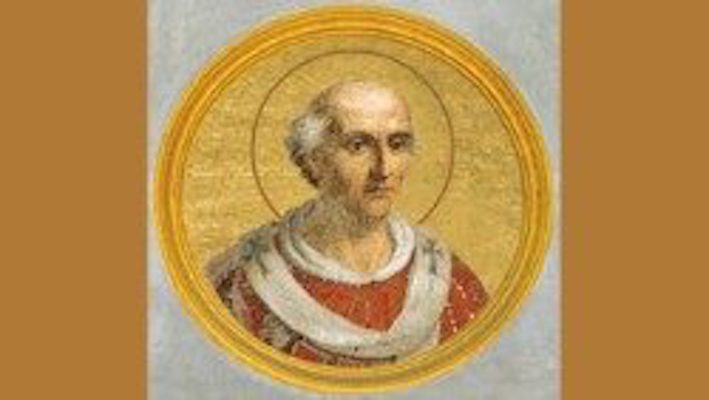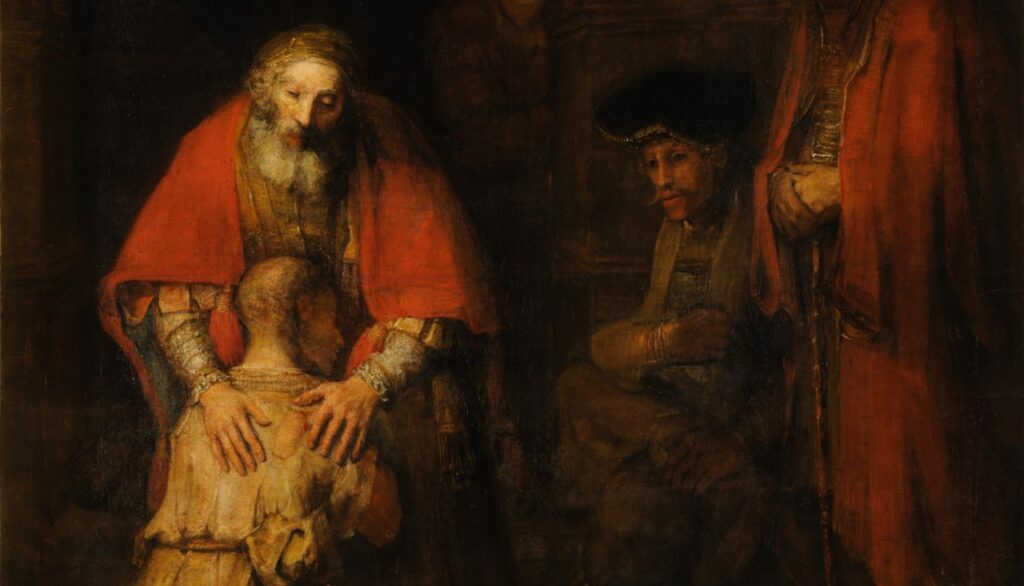Saint Nicholas I: The Pope Who Transformed the Middle Ages
On November 13, the Catholic Church celebrates the memory of Saint Nicholas I, a pope who left a profound mark on the history of the papacy and medieval Christianity. Known for his firmness and determination, Nicholas I defended the authority of the Pope and Christian morality in a time of great turbulence. Early Years and […]

On November 13, the Catholic Church celebrates the memory of Saint Nicholas I, a pope who left a profound mark on the history of the papacy and medieval Christianity. Known for his firmness and determination, Nicholas I defended the authority of the Pope and Christian morality in a time of great turbulence.
Early Years and Rise to the Papacy
Saint Nicholas I was born in Rome on an unknown date, to a noble family. From a young age, he stood out for his religiousness and academic abilities. He was ordained subdeacon by Pope Sergius II and deacon by Leo IV, showing from then on a great capacity for ecclesiastical leadership.
On April 24, 858, after the death of Pope Benedict III, Nicholas was elected Pope. His consecration and enthronement took place in St. Peter’s Basilica, in the presence of Emperor Louis II, who supported his election.
Challenges and Reforms
During the pontificate of St. Nicholas I, Christianity was facing serious problems. The disintegration of the Carolingian Empire, external threats, and moral decay within the Church were some of the challenges. Nicholas I set out to restore papal authority and ecclesiastical discipline.
Conflicts with Archbishop John of Ravenna
Archbishop John of Ravenna was one of the first to challenge Nicholas’ authority. John abused his power, extorted money from the faithful, and falsified documents to justify his actions. Despite the Pope’s warnings, the archbishop persisted in his conduct, leading Nicholas to excommunicate him and personally intervene in Ravenna to restore order.
Disputes with Hincmar of Reims
Another notable confrontation was with Archbishop Hincmar of Reims. Nicholas defended the right of the papacy to intervene in important cases, such as the appeal of Bishop Rothad of Soissons. Despite initial resistance, Hincmar had to acknowledge the supremacy of the Pope in these matters.
Defense of Marriage and Christian Morality
Nicholas I was also notable for his defense of the inviolability of marriage. He ordered the excommunication of Ingiltrud, wife of Count Boso, for abandoning her husband, and fought against King Lothair II of Lorraine, who had left his legitimate wife to marry his mistress. Despite political and military pressure, Nicholas did not yield, holding firm to the Church’s teaching on marriage.
Relations with the Eastern Church
Saint Nicholas I played a crucial role in relations with the Eastern Church. He opposed the illegal deposition of Patriarch Ignatius of Constantinople and excommunicated his successor, Photius. This conflict underlined Nicholas’ determination to defend legality and justice within the Church.
Legacy and Canonization
Saint Nicholas I left a lasting legacy of reform and strengthening papal authority. His life, characterized by austerity and devotion, made him a role model. When he died on November 13, 867, he was venerated as a saint, and his memory is celebrated each year on this date.
In short, Saint Nicholas I was a formidable pope who defended Christian morality and the authority of the papacy in times of great adversity. His leadership and firmness left an indelible mark on the history of the Church.
Related

The International Academy of Catholic Leaders: Renewal and Commitment to its Mission
Exaudi Staff
30 March, 2025
4 min

Reflection by Bishop Enrique Díaz: The Heart of the Father
Enrique Díaz
30 March, 2025
5 min

Sunday Psalm: Worshiping God Is Not Enough—Words and Actions Matter
Heschel Centre for Catholic-Jewish Relations at the Catholic University of Lublin
30 March, 2025
2 min

Tomorrow is Laetare Sunday, but COVID is no longer present
Padre Antonio María Domenech
29 March, 2025
5 min
 (EN)
(EN)
 (ES)
(ES)
 (IT)
(IT)

